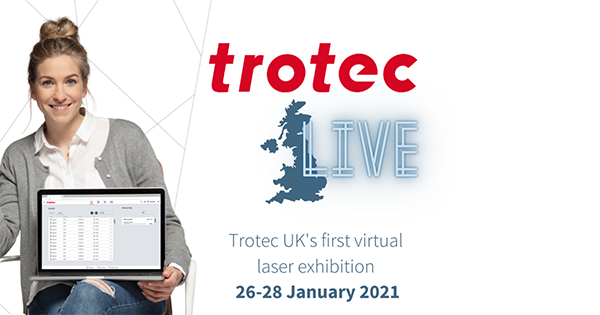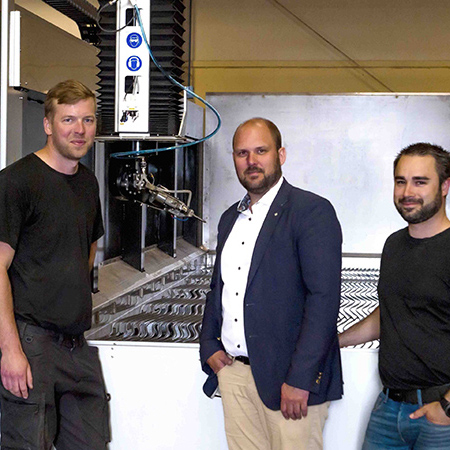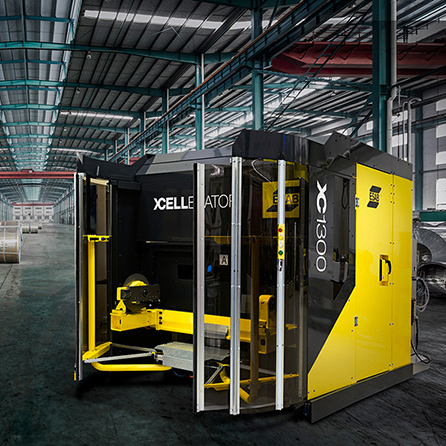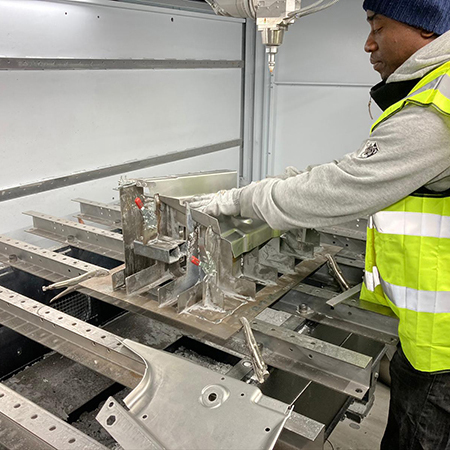
Coventry-based Park Sheet Metal recently became the UK’s first company to invest in the newest version of Trumpf’s TruLaser Cell 7040 five-axis laser-cutting machine. Adding to a fleet of existing, previous-generation TruLaser Cell 7040 machines, the latest model brings a number of advantages to this specialist in low-volume automotive metal parts and assemblies, including greater energy efficiency.
Established in 1947, Park Sheet Metal is a £16m turnover business that occupies five sites covering a total of 85,000 sq ft. The company, which is certified to IATF 16949, ISO 9001 and ISO 14001, supplies to prestigious customers that include Aston Martin, Bentley, Lotus, Jaguar Land Rover and LEVC (London Electric Vehicle Co), to list but a few.
“Although we already had three TruLaser Cell 7040 machines, the need arose to invest in another as one of our major customers, Aston Martin, has opened an additional factory at St Athan in Wales,” explains director Graham Penter. “In turn, there was a clear requirement to expand our capital expenditure and facilities, and continue supporting their expansion over the coming years. The same is true for LEVC, with the introduction of their new electric van. Due to these developments, extra five-axis laser cutting capacity was an obvious need.”
Speaking about the new investment, he adds: “It’s really nice having four TruLaser machines, giving us the flexibility to grow, which is the main reason we have retained Trumpf as our preferred supplier of five-axis laser-cutting technology.”
Park Sheet Metal invests in the latest technology for many reasons, not least to achieve accuracy and repeatability through all of its laser cutting. Furthermore, the latest TruLaser Cell 7040 enables significant improvements in energy efficiency without compromising on cutting speed or productivity.
For further information
www.trumpf.com
























